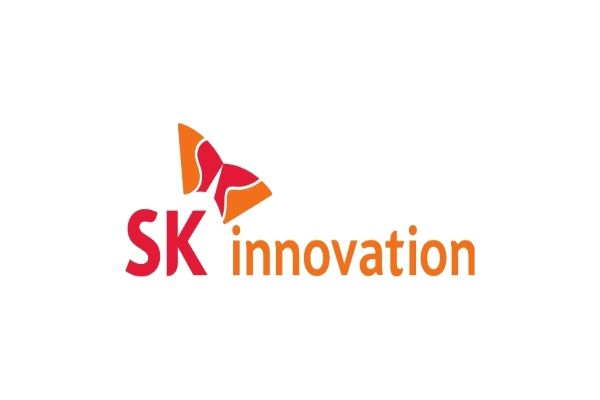To enhance raw material sourcing competitiveness and improve profit structure through the merger of SK On, SK Trading International, and SK Enterm

SK Innovation and SK E&S have announced their decision to merge, evolving into a comprehensive energy company that encompasses the entire value chain of both current energy sources (such as oil and LNG) and future energy sources (including renewable energy, hydrogen, and SMR), as well as electrification businesses like batteries and ESS.
Upon merging, the combined entity will transform into a colossal energy company with assets totaling KRW 100 trillion and revenues of KRW 88 trillion, positioning itself as the largest private energy company in the Asia-Pacific region.
In pursuit of this goal, SK Innovation and SK E&S each held board meetings on the 17th and approved the merger proposal. If the merger plan is approved at the shareholders’ meeting scheduled for the 27th of next month, the merged corporation will officially launch on November 1st.
The merger ratio between the two companies is set at 1:1.1917417, calculated based on the corporate values of SK Innovation and SK E&S. Based on this ratio, SK Innovation, as the listed company, will issue new shares to SK Inc., the shareholder of SK E&S, amounting to 49,769,267 shares. The new shares of SK Innovation are expected to be listed on November 20th, and post-merger, SK Inc.’s stake in SK Innovation is anticipated to increase from 36.22% to 55.9%.
On the same day, SK On, SK Trading International, and SK Enterm each convened their respective board meetings and resolved to merge the three companies.
The merger between the two companies is being undertaken to proactively address the rapidly evolving external business environment, which includes the prolonged global economic downturn, heightened uncertainty in the energy and chemical sectors, and the chasm in the electric vehicle market. Additionally, the merger aims to secure competitiveness in future energy business areas.
The two companies anticipate that by 2030, the synergies from the integration will alone add over KRW 2.1 trillion to EBITDA, aiming for a total EBITDA of KRW 20 trillion.
Park Sang-kyu, CEO & President of SK Innovation, stated, “The merger of the two companies represents a structural and fundamental innovation aimed at achieving sustainable growth by proactively responding to the changing environment surrounding the energy industry.” “Through this merger, SK Innovation will grow into a ‘Total Energy & Solution Company’ that leads Korea’s energy industry from the present into the future.”
Choo Hyeong-wook, CEO & President of SK E&S, commented, “This merger will not only strengthen the existing business capabilities of both companies but also secure growth engines for key future energy businesses.” “Based on the synergies created through the merger, SK E&S will enhance its green portfolio centered on its four core businesses and lead the future energy market.”
◈ Merger in trading and tank terminal businesses to boost SK On’s continued growth
SK Trading International, which has approved the merger with SK On, is Korea’s sole specialized trading company for crude oil and petroleum products. Meanwhile, SK Enterm is the country’s largest commercial tank terminal operator, specializing in the storage and handling of petroleum cargo.
Through the merger of these three companies, SK On will be able to further strengthen its competitiveness in securing raw materials and ensure business sustainability. Additionally, SK Trading International will secure future growth engines by entering new mineral trading fields such as lithium and nickel, while the merger with SK Enterm will provide the necessary storage capacity for its trading business. Most importantly, the merger of the three companies is expected to improve the profit structure by generating an additional KRW 500 billion in EBITDA from the trading and tank terminal businesses.
Subscribe to our newsletter & stay updated.